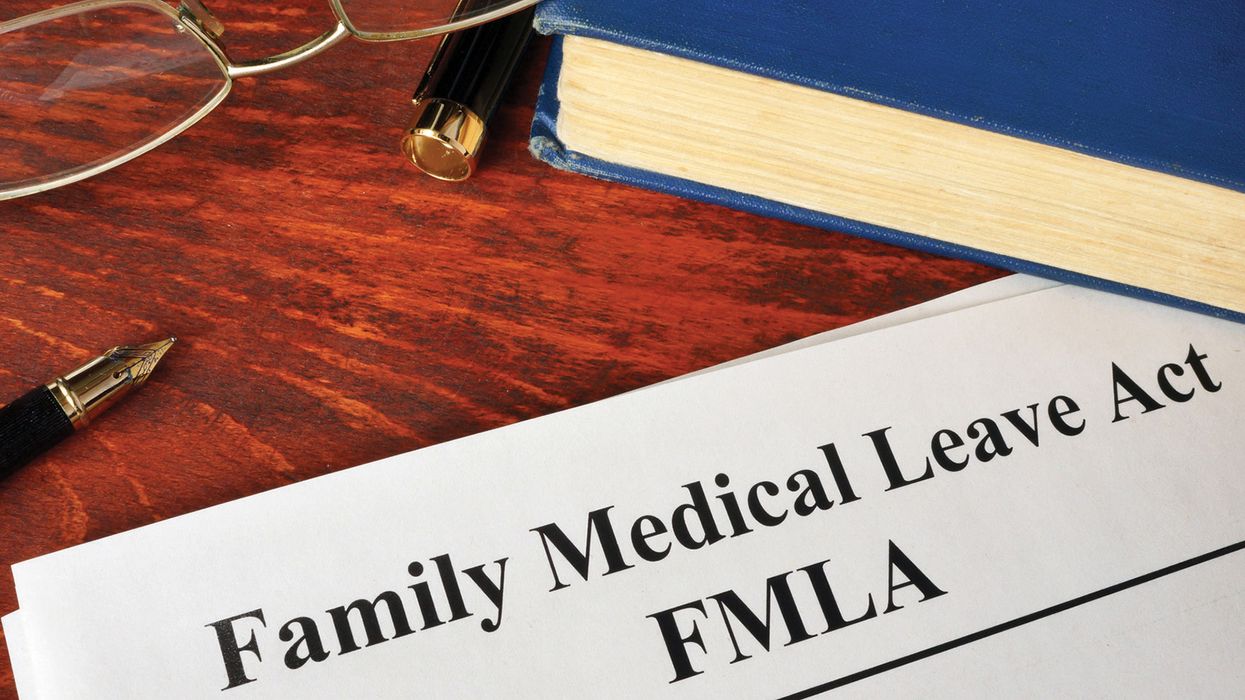FMLA 101: Reasons employees may take FMLA leave
Employees don’t get to take leave under the federal Family and Medical Leave Act (FMLA) for any reason they like. Once employees of covered employers meet the eligibility criteria to take FMLA leave, they may take leave only for certain qualifying reasons.
Qualifying reasons
Employees may take FMLA leave for only the following reasons:
Birth and bonding. Parents may use FMLA leave when their child is born and to bond with their child during the 12-month period beginning on the date of birth. All parents, regardless of sex, have the same right to take FMLA leave for the birth of a child and bonding.
Placement of a child for adoption or foster care. Employees may use FMLA leave when a child is first placed with them for adoption or foster care and to bond with their newly placed child. An employee’s entitlement to leave for adoption or foster care ends at the end of the 12-month period beginning on the date of the placement. Employees may also use FMLA leave before the actual placement or adoption of a child to address issues required for the placement to take place.
Serious health condition of the employee. A serious health condition makes the employee unable to perform the functions of their job.
Care for a family member with a serious health condition. Employees may take FMLA leave to care for a child, spouse, or parent who has a serious health condition. Caring for a family member under the FMLA includes assistance with basic medical, hygienic, nutritional, safety, transportation needs, physical care, or psychological comfort.
An FMLA serious health condition generally involves a period of incapacity. Incapacity means an individual is unable to work, attend school, or perform other regular daily activities because of a serious health condition, due to the treatment of it, or for recovery from the condition.
Qualifying exigency. Qualifying exigencies are situations caused by the military deployment of an employee’s spouse, child, or parent to a foreign country. Qualifying exigencies include making alternative child care arrangements for a child, attending certain military ceremonies and briefings, spending time with a military member on Rest and Recuperation leave, making financial or legal arrangements, certain activities related to care of a parent of the military member, or other reasons agreed upon by employee and employer.
Military caregiver leave. Employees may also take up to 26 workweeks of FMLA leave in a single 12-month period to care for a covered servicemember with a serious injury or illness, if the employee is the spouse, child, parent, or next of kin of the servicemember.
Reasons that don’t qualify
Unless a doctor certifies the reason as somehow medically therapeutic to the employee or a family member, the following are examples of reasons that generally do not qualify for FMLA protection:
- Care for a pet
- Care for a family member other than a spouse, child, or parent
- Attending concerts or sporting events
- Golfing
- Sailing
Key to remember: Eligible employees may take FMLA leave only for certain qualifying reasons.




















































